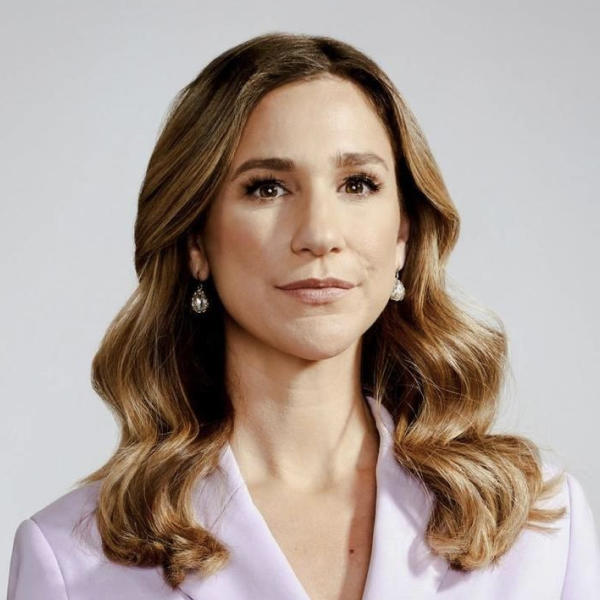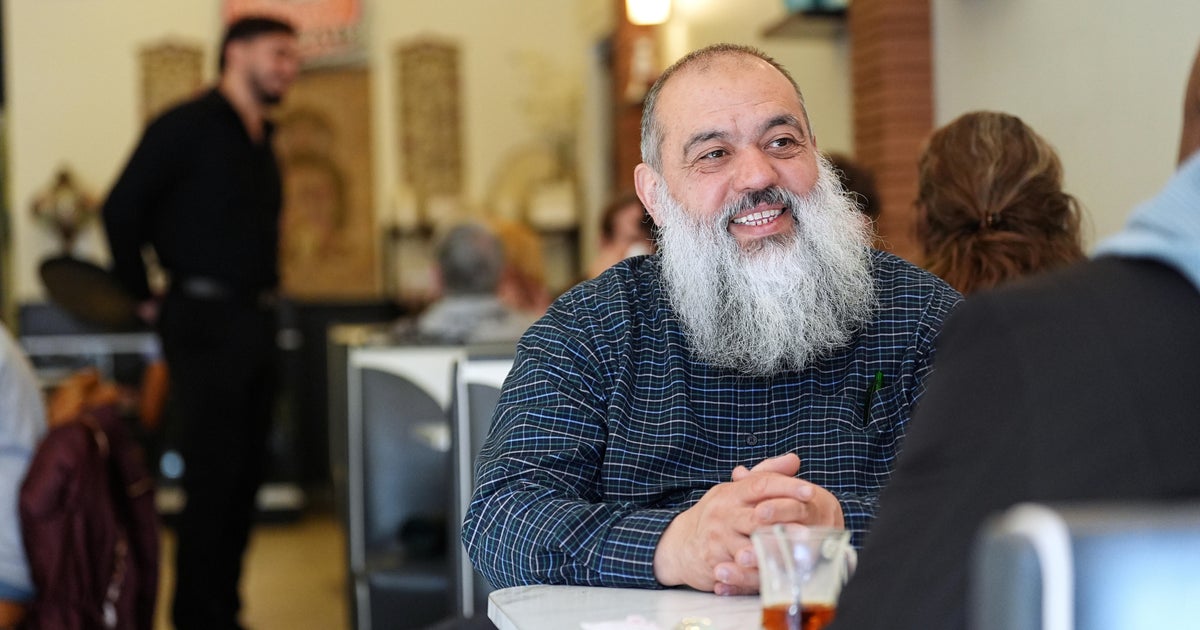Democrats to Howard Schultz: Don't do it
Democrats are welcoming a wide variety of potential challengers to President Trump's 2020 re-election bid — with the exception of one.
In an interview Sunday with CBS News' "60 Minutes," Starbucks' former CEO Howard Schultz announced he is seriously considering a bid as an "centrist" independent. "I've been a lifelong Democrat. We look at both parties, we see extremes on both sides," Schultz told Scott Pelley.
"The American people are exhausted. Their trust has been broken. And they are looking for a better choice," he said.
But what Schultz may see as a "better choice," Democrats see as a bad idea. Party members wasted no time in discouraging him from moving forward with a campaign, fearing a liberal independent bid would draw away votes from the eventual party nominee and work to Mr. Trump's advantage.
"I have a concern that, if he did run, that, essentially, it would provide Donald Trump with his best hope of getting reelected," 2020 hopeful Julián Castro told CNN's State of the Union on Sunday. "I would suggest to Mr. Schultz to truly think about the negative impact that that might make."
Neera Tanden, the president of the Center for American Progress, put it more bluntly: "If he enters the race, I will start a Starbucks boycott because I'm not giving a penny that will end up in the election coffers of a guy who will help Trump win."
The chance to defeat Mr. Trump has become an organizing principle of the Democratic Party, and party primary and caucus voters are putting a premium on electability as they assess the candidates.
"If you don't want Donald Trump re-elected, you should be ready to unite behind the Democratic nominee as the best antidote," says Democratic strategist Jesse Ferguson, who was a spokesman for Hillary Clinton's 2016 campaign. "In the end, the American people won't take kindly to a billionaire who thinks his money entitles him to this kind of vanity experiment. People may not like the two party system, but they like a party of one even less."
Independent bids haven't been successful in presidential politics, and they're often seen as spoilers; The candidacies of Ross Perot in 1992 and Ralph Nader in 2000 are among the infamous examples of independent or third party bids influencing the outcome of the overall contest. And many Democrats were outraged by the candidacy of Jill Stein in 2016.
When New York City Mayor Michael Bloomberg declined to make an independent bid in 2016, he argued that his candidacy could lead to the election of Donald Trump. "That is not a risk I can take in good conscience," he wrote in an op-ed at the time.
Democrats have been supportive of an independent bid by a Republican — for one, John Kasich said to be weighing an independent run — as it would siphon votes from Mr. Trump. But Schultz is the first Democrat to weigh a bid outside the party. And his personal wealth and resources would allow him to remain in the running for as long as he'd like to stay in the race.
Schultz demurred when asked whether his entrance would be damaging for Democrats. "I want to see the American people win," he said. "I will be an independent person who will embrace those ideas because I'm not in any way in bed with a party."
Schultz has been a frequent and loud critic of Mr. Trump, and had used his position as CEO of Starbucks as a platform to weigh in on cultural debates. In his "60 Minutes" interview, he agreed with many Democratic Party positions, including on immigration and climate change. And on the foreign policy front, he said it was not in the country's interest to pick fights with allies. "We are much better as a country being part of the world order," he said.
But he disagrees with a push within the party for a "Medicare-for-All" approach to health care coverage, arguing that "what the Democrats are proposing is something that is as false as the wall. And that is free health care for all, which the country cannot afford."




